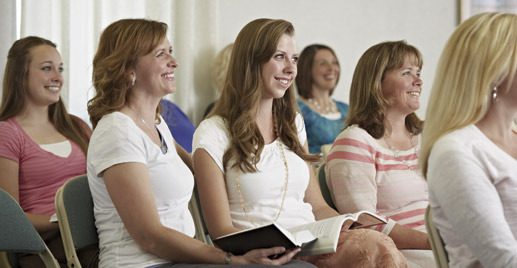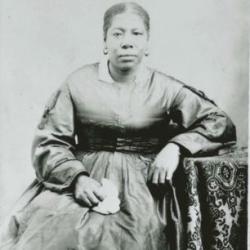
It’s an arresting headline:
“Researchers identify the most sexist places in America — and Utah ranks pretty high on the list”
(And, no, the headline doesn’t read “most sexiest,” even though, since the day that I moved to Utah from California, it could justly have read that way.)
There’s a lot here that might be discussed — thus far, commentators are blaming Utah’s high ranking on Mormonism — but let me offer a couple of less-than-entirely-starstruck comments:
1.
I recall a conversation from many years ago in which an ardent male feminist of my acquaintance was railing against the use of sexist terms such as waitress and stewardess and, worst of all, poetess, which he felt were demeaning to women and which, in his view, both revealed a society that devalued females and inculcated a contempt for women that would inevitably perpetuate such devaluation.
Gender markers in terms like those, he insisted, served no useful function and should be eliminated.
Struck by his vehemence, I asked him whether getting rid of gender markers that weren’t absolutely essential would lead, over time, to a better, less sexist society.
Absolutely, he replied.
So would eliminating gendered pronouns also be a substantial step forward?
Yes, he said. Without a doubt.
I paused for dramatic effect, and then said, “Then I give you the Islamic Republic of Iran!”
You see, the Persian language (the official language of the Islamic Republic of Iran) doesn’t distinguish between he and she, him and her, and his and hers. The third person personal pronoun for both masculine and feminine humans (as well as for it), for instance, is simply u (او).
Yet I suspect that very few would confuse the Islamic Republic of Iran with a feminist utopia.
And then there are the Taliban in Afghanistan, another well-known paradise for women. The Taliban are, overwhelmingly, ethnic Pashtuns, whose language is called Pashto. The Pashto word for he/she/it is the undifferentiated hagha (هغه) or, when the person or thing being referred to is near at hand, the undifferentiated daa (دا).
The Taliban are noted worldwide for their treatment of women.
It may not be entirely irrelevant to put on record that I later learned that the particular theoretical feminist with whom I was speaking was notably unkind toward his wife, and he eventually walked out on her. I don’t generalize from his case, but I do observe that his may have been an instance of, as it were, arguing for the better treatment of women in the abstract while not treating well the most important woman in his own life. The world is all too full of such idealists.
Is it possible that actual treatment of actual women and adherence to approved feminist ideas are distinct things, and not always clearly connected?
2.
Is the definition of sexism employed in this study the right one to use? Does it capture the most salient or important facts? Or is it focused on the concerns of rather comfortable, safe, contemporary Western and Western-influenced academics?
Consider, for example, the state directly to the west of Utah, for which the study had insufficient data to draw a conclusion:
Nevada consistently ranks first in the nation for domestic violence fatalities. Could Mormonism perhaps help in such cases, or would it make them worse?
According to the National Coalition Against Domestic Violence, a Nevada woman’s chances of being assaulted by her partner at home are higher than the risk a police officer faces of being assaulted on the job. Do such things count as sexist?
If you compare this study’s map of the most-sexist and least-sexist American states with a list of “The States Where Women Are Most Likely To Be Murdered By Men,” it’s not at all easy to see a straightforward correlation between the two. Would this matter to actual women?
On average and on the whole, will a woman do better in a family and a community devoted to the principles taught by the Church of Jesus Christ of Latter-day Saints, or in a family and a community where those principles aren’t followed?
Within Utah, are rates of domestic abuse or domestic violence (for example) directly related to commitment to Mormonism? If so, is the relationship positive, or inverse?
Just some hasty thoughts inspired by the article.
What are yours?












